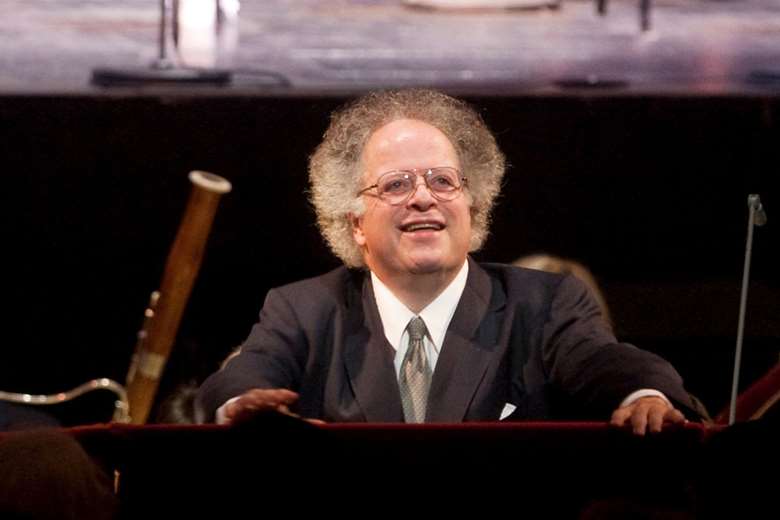The conductor James Levine has died
Wednesday, March 17, 2021
Born June 23, 1943; died March 9, 2021

Register now to continue reading
Thanks for exploring the Gramophone website. Sign up for a free account today to enjoy the following benefits:
- Free access to 3 subscriber-only articles per month
- Unlimited access to our news, podcasts and awards pages
- Free weekly email newsletter







